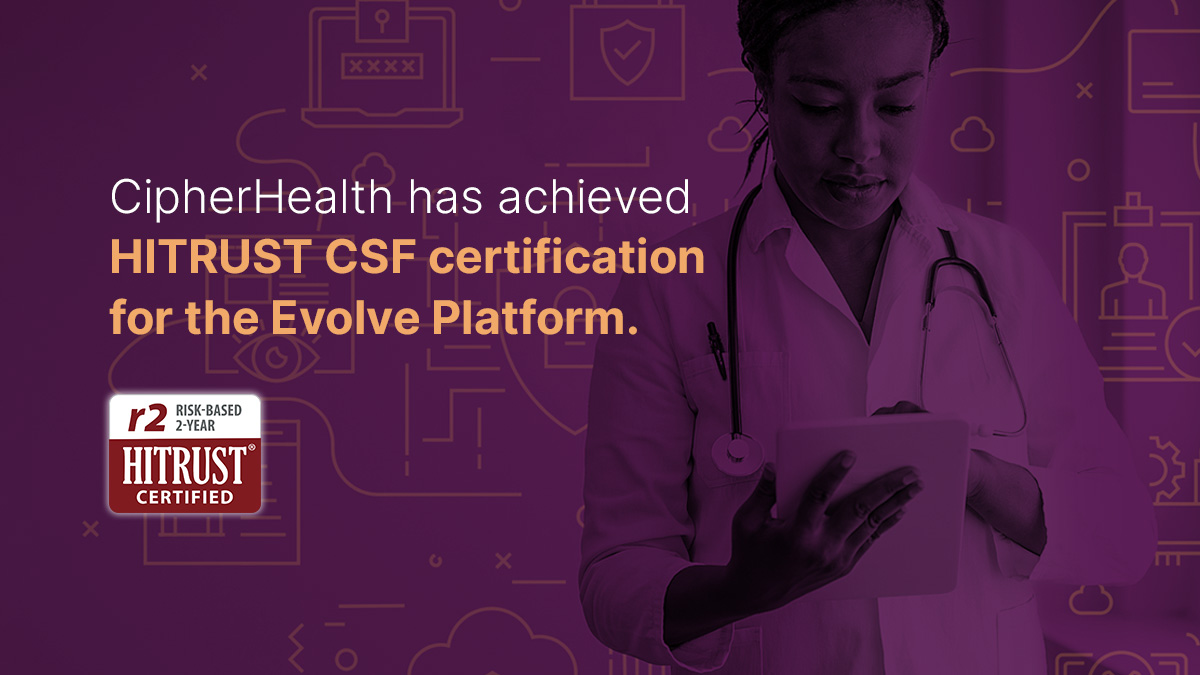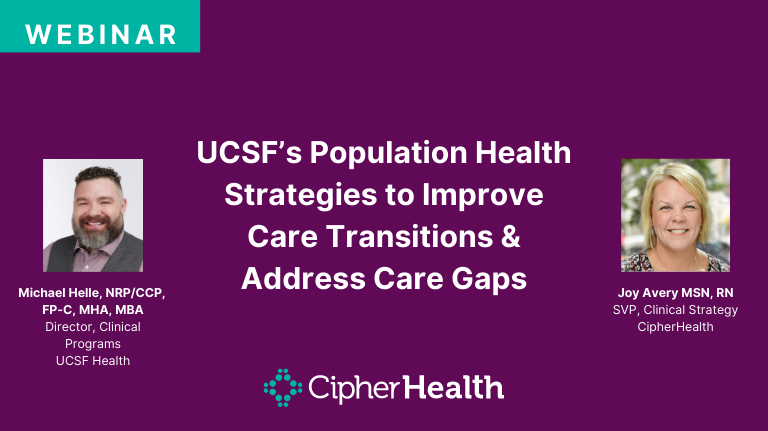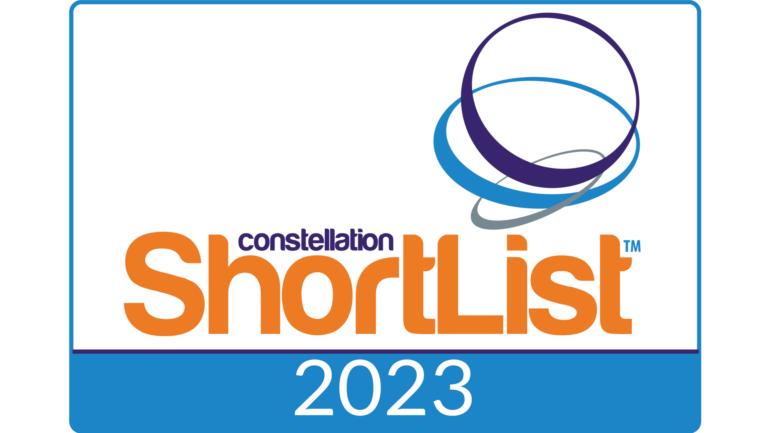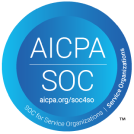Apr 11, 2024
3 min read

How to Address Health Equity by Focusing on Patient Experience
Jun 20, 2023
5 min read

CipherHealth Notches Consecutive Wins from Stevie Awards and MedTech Breakthrough Awards
May 3, 2023
6 min read

CipherHealth Earns Sixth Best in KLAS Award
Feb 8, 2023
2 min read

CipherHealth Achieves HITRUST Risk-based, 2-year Certification
Jan 23, 2023
3 min read

Debunking 5 Tenacious Patient Engagement Myths
Dec 22, 2022
4 min read









